Vietnam: What are the sample thoughts on the phenomenon of vanity and achievement obsession? What learning outcomes are required for the writing section in the 8th-grade Literature curriculum?
What are the sample thoughts on the phenomenon of vanity and achievement obsession in Vietnam?
8th-grade students in Vietnam can refer to the following sample thoughts on the phenomenon of vanity and achievement obsession in Vietnam:
|
Sample thoughts on the phenomenon of vanity and achievement obsession
|
*Note: The above sample thoughts on the phenomenon of vanity and achievement obsession are for reference only./.
See more: How many days are left until Christmas 2024?
See more: 20 Sample Fun Christmas Statuses
See more: What are the Traditional Dishes for Christmas?
See more: What are the Top 20 Meaningful Christmas Captions?
See more: What are the Best Sample Office Christmas Decorations?
See more: What are the Beautiful Outdoor Christmas Tree Decorations?
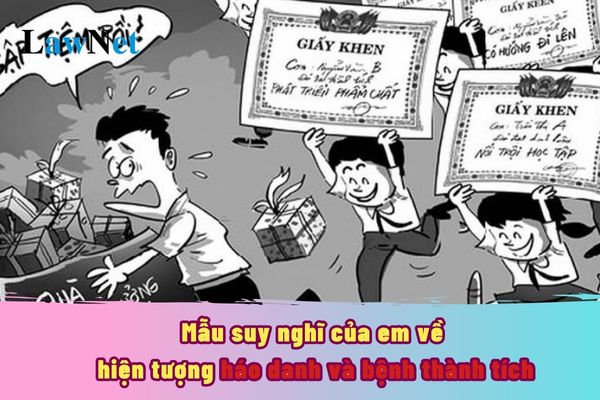
What are the sample thoughts on the phenomenon of vanity and achievement obsession in Vietnam? What learning outcomes are required for the writing section in the 8th-grade Literature curriculum? (Image from Internet)
What learning outcomes are required for the writing section in the 8th-grade Literature curriculum in Vietnam?
Under Section 5 of the Appendix to the General Education Program in Literature issued alongside Circular 32/2018/TT-BGDDT, the required literary capabilities after completing the 8th-grade Literature curriculum are as follows:
WRITING
Writing process
Know how to write an essay ensuring steps: preparing before writing (determining the topic, purpose, audience, form, collecting information, documents); finding ideas and outlining; writing the essay; reviewing and revising, drawing experiences.
Writing practice
- Be able to write an essay recounting a trip or a social activity that left deep thoughts and emotions, using elements of description or emotion, or both in the text.
- Initially be able to write a free verse poem (six, seven syllables). Write a paragraph recording feelings about a free verse poem.
- Be able to write an argumentative essay on a life issue, clearly presenting the problem and the writer's opinion (agree or disagree) on that issue; providing compelling reasoning and evidence.
- Be able to write an analytical essay on a literary work: stating the topic; outlining and analyzing the effects of several artistic features used in the work.
- Be able to write explanatory essays explaining a natural phenomenon or introducing a book; stating important information; presenting coherently and convincingly.
- Be able to write a petition about a life matter.
What learning outcomes are required for 8th-grade Literature in Vietnam?
Under Section 4 of the Appendix to the General Education Program in Literature issued alongside Circular 32/2018/TT-BGDDT, the required literary capabilities after completing the 8th-grade Literature curriculum are as follows:
REQUIRED LEARNING OUTCOMES
1. Required learning outcomes in Key Qualities and General Competencies
The Literature contributes to the formation and development of essential qualities and general competencies in students according to the levels suitable for the subject and grade as specified in the overall program.
2. Required learning outcomes in specific competencies
...
2.2. Required learning outcomes in the lower secondary school
a) Language Competence
Know how to apply Vietnamese language knowledge together with personal experiences and reasoning abilities to understand texts; know how to read texts according to type; understand both the explicit and implied content of texts.
Recognize and initially know how to analyze, evaluate the content and prominent features of expression in texts; know how to compare one text with another, relate to personal life experiences; thereby having personal views, thoughts, and feelings about life, enriching one's spiritual life.
In Grade 6 and 7: write narrative, descriptive, and expressive essays; initially know how to write argumentative, explanatory, and practical essays. In Grade 8 and 9: write complete narrative, argumentative, and explanatory essays, following the correct steps and incorporating combined expression methods.
Write narrative texts focusing on creatively recounting stories read, witnessed, participated in; imagined stories incorporating descriptive, expressive elements; descriptive texts with a focus on describing activities; expressive texts about scenes, people, and expressing feelings about literary works; know how to write poems, mainly to recognize the characteristics of some familiar poetic forms; write argumentative essays on matters requiring expression of thoughts and personal viewpoints, demanding relatively simple argumentation operations, with easily findable evidence; write explanatory texts on issues familiar to students' lives and knowledge using conventional structures; fill out some sample forms, compile some practical texts like work memos, emails, reports, advertising, and interviews. Write correctly following the process, know how to gather materials to meet the writing requirements; understand intellectual property rights and know how to cite documents.
Present ideas and emotions clearly; have confidence when speaking in front of many people; use appropriate language, gestures when speaking; recount coherently stories heard, read; share personal feelings, attitudes, experiences, ideas about spoken subjects; discuss opinions on issues read or heard; explain a subject or process; know how to speak appropriately with purpose, audience, and context; know how to use images, symbols, charts,... to present issues effectively.
Listen understandingly and summarizing content; recognize and initially evaluate the arguments and evidence used by the speaker; recognize the speaker's emotions; know how to respond effectively to what has been heard.
Thus, according to the above regulations, learning outcomes required for 8th-grade Literature in Vietnam include writing complete narrative, argumentative, and expository essays by following proper steps and combining expressive methods.

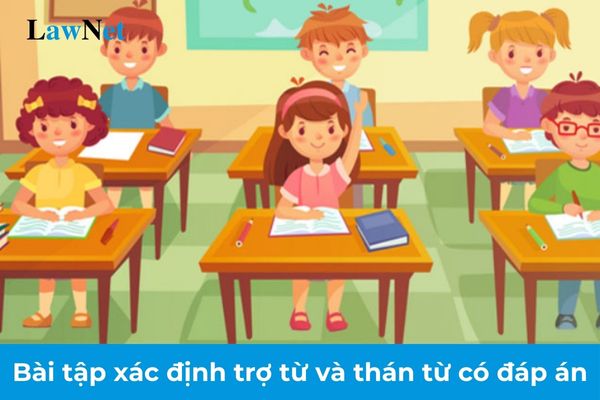
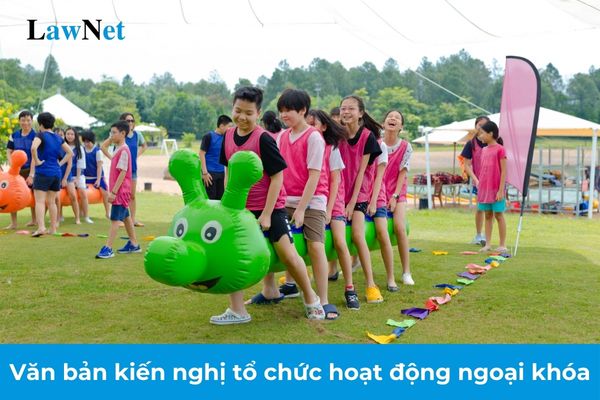
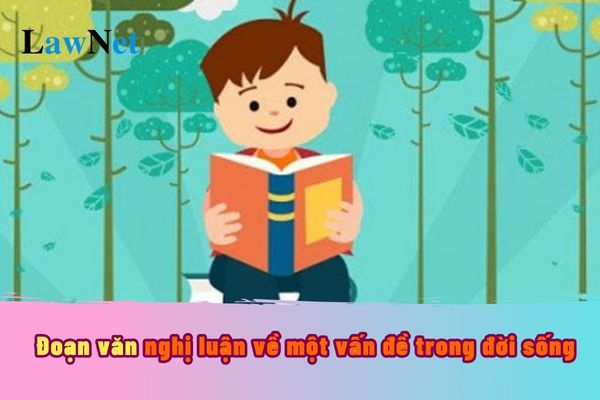
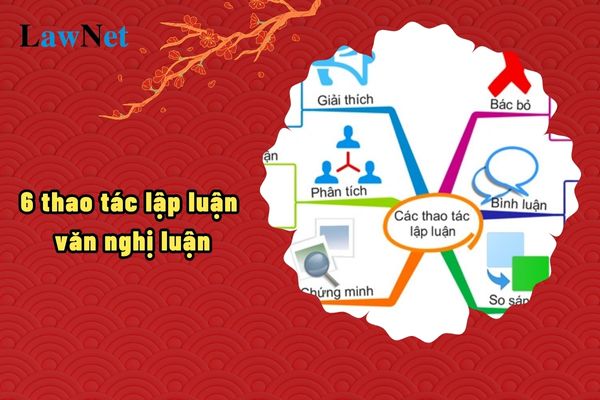
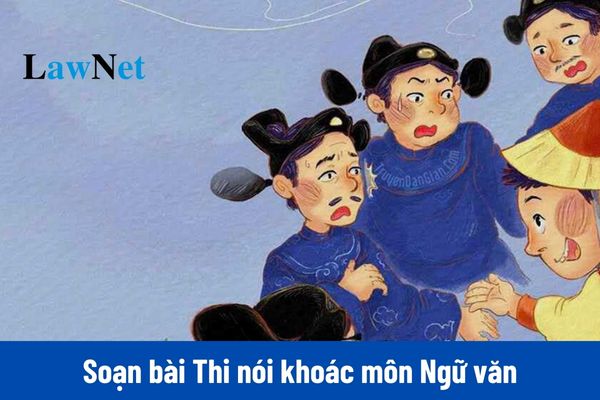


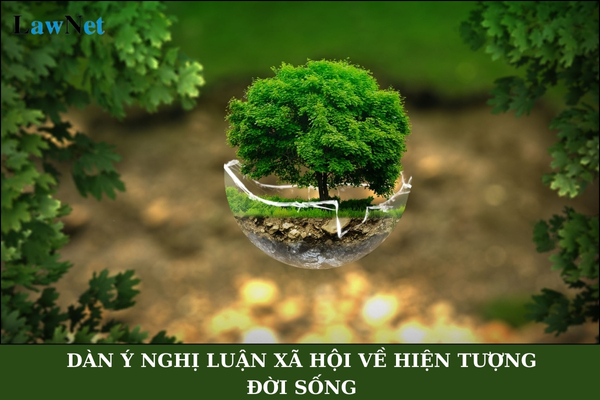

- Regulations of the 2nd National Beautiful Vietnamese Handwriting Contest in 2024
- What is the structure of the Thinking Skills Assessment (TSA) examination in 2025 in Vietnam?
- When did Ho Chi Minh Campaign end? What are the perspectives on constructing the general educational curriculum for lower secondary education in the subject of History and Geography in Vietnam?
- Guidelines on registering for a Violympic account for the 2024 - 2025 academic year for students in Vietnam
- Illustrative questions for the scientific/problem-solving thinking of the Thinking Skills Assessment (TSA) in 2025 in Vietnam
- Compilation of reading comprehension questions for the Thinking Skills Assessment (TSA) in 2025 in Vietnam
- What are 9 prohibited acts during the enforcement of Martial Law in Vietnam? Are students in Vietnam responsible for understanding the Law?
- What is the IOE Exam? What are instructions for registering for the IOE Exam on the Internet for general education students in Vietnam?
- Vietnam: What is the school-level Violympic competition schedule for the 2024 - 2025 academic year? How many days are left until the competition?
- How many Army Corps does the People's Army of Vietnam currently have?

